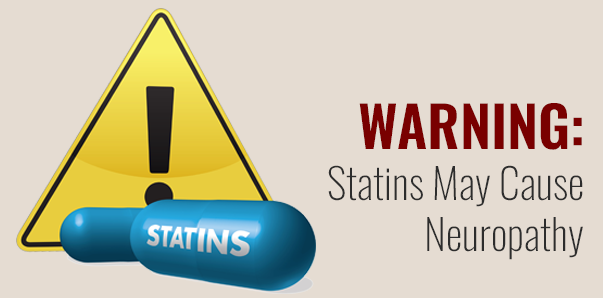If you’re one of the millions of Americans who take statins to prevent heart disease, the Food and Drug Administration (FDA) has important new safety information on these cholesterol-lowering medications.
The Food and Drug Administration (FDA) recently announced that very common antibiotics in the drug class Flurolquinolones can cause peripheral neuropathy and the neuropathy may be permanent. This severe side effect has caused some of the antibiotics to be taken off the market. However, there are still six FDA-approved Flurolquinolone drugs still being used: Cipro, Factive, Levaquine, Avelox, Noroxin, and Floxin. The FDA is requiring a new warning for the remaining drugs to be listed in the inserts for each drug.
The FDA has recently warned that those taking statins (cholesterol-lowering drugs) have the risk of developing Type 2 Diabetes because statins increase blood sugar levels. Patients that develop Type 2 Diabetes in turn have a fairly high percentage of developing peripheral neuropathy. Even though numerous studies have shown that peripheral neuropathy is a side effect for many who are taking statins, the FDA has not yet included any warnings about statin-induced neuropathy. Many doctors and experts feel these warnings are long overdue, and newer research shows that taking statins may increase a patient’s chance of developing diabetes by up to 46 percent.
Not long after statin drugs became common, there were noted increased rates of peripheral neuropathies in patients using statins.
Previously the FDA included label warnings for cholesterol-lowering drugs that state statins can cause memory loss, learning problems and confusion. It appears the problem with thinking is that cholesterol is vital for the brain to function, and the brain is primarily made of cholesterol. Cholesterol is essential for stimulating the brain connections that are essential for learning and memory. Other warnings are statins can cause muscle and liver damage.
Anyone currently taking a statin should not stop taking the medication without first talking to their doctor.





